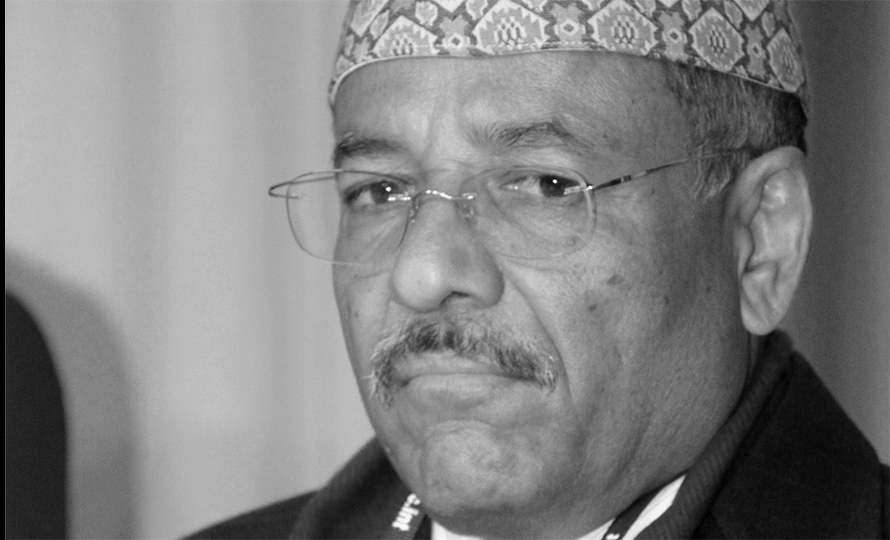Commentary
Earlier this week, the Chief Justice-led Judicial Council nominated 11 judges to Nepal’s Supreme Court, which had long been running without adequate number of judges.
The council then forwarded the names to Speaker Onsari Gharti, who was supposed to make arrangements for a parliamentary hearing for the nominated judges. But the situation is such that Parliament is not only in recess, it is also yet to form a hearing committee that complies with the new constitution (the new constitution says a 15-member committee will replace the existing 75-member one).
Speaker Gharti then had no option but to keep the nomination letter with herself. That would pave the way for the council to appoint the judges after 35 days (the constitution says if the hearing is not conducted in 35 days, the judges do not need to face the MPs).
But Gharti had another card up her sleeve. Instead of taking the initiative to call a new session of the House and form a new committee, she chose the easy way. She sent the nomination back to the council saying that a hearing cannot take place in the absence of a committee.
She did what she did without stepping on a provision in the constitution that gives her the power to do so. The Onsari Gharti episode has to be understood looking at the bigger picture, which shows how a comedy of errors led to this situation. Here goes the story:
Sitaula and his ‘comedy of errors’
When the new constitution was promulgated in September, one of the members of the Judicial Council, Ram Prasad Situala, who was appointed by then Prime Minister Sushil Koirala, tried to make sure that the new government does not get to sack him. He understood that the Koirala government was going to fall, and the new government could say that the members of the Judicial Council had to be reappointed.
There are five members in the Judicial Council. The Chief Justice is the head of the council, the second seniormost Supreme Court Justice, the law minister, a representative from the Bar Association and nominee of the Prime Minister are members. While Sitaula was Koirala’s nominee, advocate Ram Prasad Shrestha was the Bar’s representative.
After the constitution was promulgated, Sitaula, through Prime Minister Koirala, got the government to approve his reappointment to the post, even as this was not mandatory under the new constitution. The council then sent his name to the House for a hearing to be conducted, but because the House did not have a committee to do so, the hearing never took place.
Then came Oli
Prime Minister KP Oli took the opportunity to try to remove Sitaula from the Council, and appoint his own nominee.
He wrote to the House saying that the government has withdrawn Sitaula’s nomination after his hearing could not be conducted.
It is to be noted that the constitution says that if a hearing is not conducted within 35 days, such a proceeding becomes unnecessary.
The Chief Justice’s turn
The Chief Justice, who is the head of the judiciary, saw all the events unfold. While Sitaula was seeking reappointment, Ram Prasad Shrestha (the Bar’s representative in the Council) that he too would have to be reappointed. He even put a stop on Ram Prasad Shrestha’s salary and benefits. When appointing the 11 judges, he passed the decision by calling a meeting of the Council, which only has three members.

























